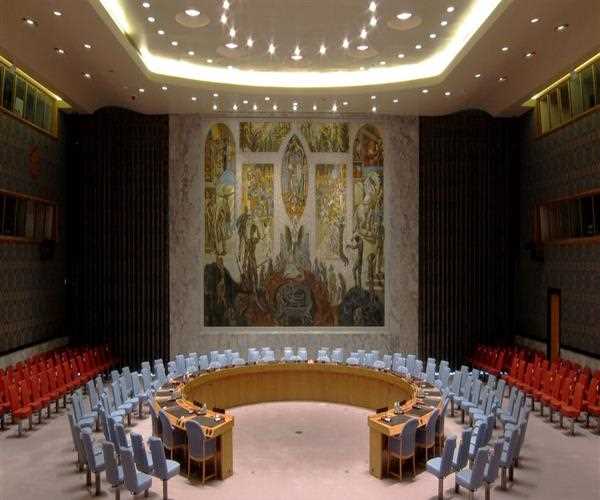The United Nations (UN) is an intergovernmental organization that was founded in 1945 after World War II. The UN's primary goal is to maintain international peace and security, and to promote social progress, better living standards, and human rights.
There are currently 193 member states of the UN. Each member state has certain powers and perks, which are outlined in the UN Charter. These powers and perks include:

- The right to vote in the UN General Assembly.
- The right to participate in UN Security Council deliberations.
- The right to send representatives to UN headquarters in New York City.
- The right to receive assistance from the UN in times of need.
In addition to these general powers and perks, there are also a number of specific privileges that are granted to certain member states. For example, the five permanent members of the UN Security Council (China, France, Russia, the United Kingdom, and the United States) have the right to veto any Security Council resolution.
The powers and perks of UN member states are designed to ensure that all member states have a voice in the UN, and that all member states have access to the UN's resources. These powers and perks are also designed to promote cooperation between member states, and to help the UN achieve its goals of peace, security, and development.
Here are some additional thoughts on the powers and perks of UN member states:
- The powers and perks of UN member states are not absolute. The UN Charter can be amended by a two-thirds majority vote of the General Assembly, and the Security Council can suspend the rights of a member state that is in breach of its obligations under the Charter.
- The powers and perks of UN member states are not evenly distributed. The five permanent members of the Security Council have more power than other member states, and this has been a source of contention within the UN.
- The powers and perks of UN member states are constantly evolving. As the UN's role in the world changes, so too do the powers and perks of its member states.